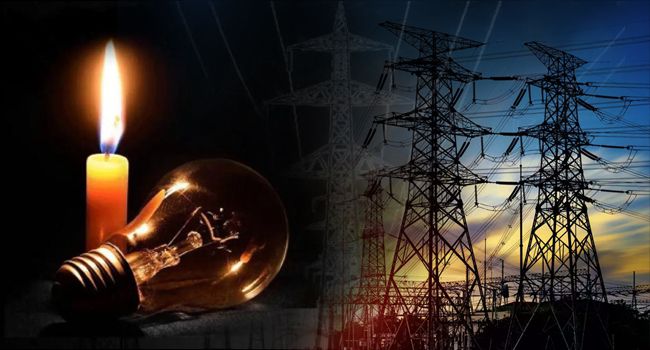In response to unreliable grid electricity, Nigerians have developed solutions that reshape work schedules, leisure activities, and even basic domestic tasks. From embracing alternative energy sources to rethinking meal preparation and communication methods, communities are finding innovative ways to mitigate the impact of blackouts.
This guide examines approaches that Nigerians employ to adjust their daily routines and survive power outages, ensuring that essential activities continue smoothly despite ongoing energy challenges.
ALSO READ: 5 essential items that will save you during a power outage
Rely on alternative energy sources
Many households invest in generators, solar panels, or battery systems to provide backup power. These solutions ensure that critical appliances and devices remain operational during outages, allowing families to maintain communication and essential services.
Adjust work schedules
Businesses and professionals often modify their work hours to coincide with times when electricity is more reliable. Some opt for flexible or remote working arrangements, maximising productivity during available power periods and reducing dependence on the grid.
Modify cooking and meal preparation
With inconsistent power supply, many households switch to cooking methods that require less electricity. Using gas stoves, pressure cookers, or preparing meals in advance helps manage kitchen activities while minimizing energy consumption during peak blackout times.
Optimise water and refrigeration management
To cope with power disruptions, families often stock up on water and use coolers or alternative refrigeration methods to preserve perishable food. This practice minimizes food spoilage and reduces the need for frequent trips to purchase supplies.
EXPLORE: Why you need an inverter?
Embrace portable and battery-operated devices
Investing in devices that run on batteries—such as flashlights, fans, and chargers—helps households maintain functionality during outages. These portable solutions offer a reliable alternative when electricity is not available.
Plan and schedule daily chores
Many Nigerians adjust their daily routines by scheduling chores and tasks during periods when power is more predictable. This proactive planning ensures that important activities, like cleaning or studying, are not disrupted by unexpected blackouts.
Foster community collaboration
In some areas, neighbors share resources like generators or establish community centers with backup power. This collaborative approach not only reduces individual expenses but also strengthens community bonds, providing mutual support during prolonged outages.
By implementing these approaches, Nigerians are effectively adapting to frequent power outages. These practical measures ensure that daily life continues with minimal disruption, fostering resilience and resourcefulness in the face of ongoing energy challenges.
FURTHER READING: Housewives resort to grinding stones, charcoal for cooking amid poor power supply

